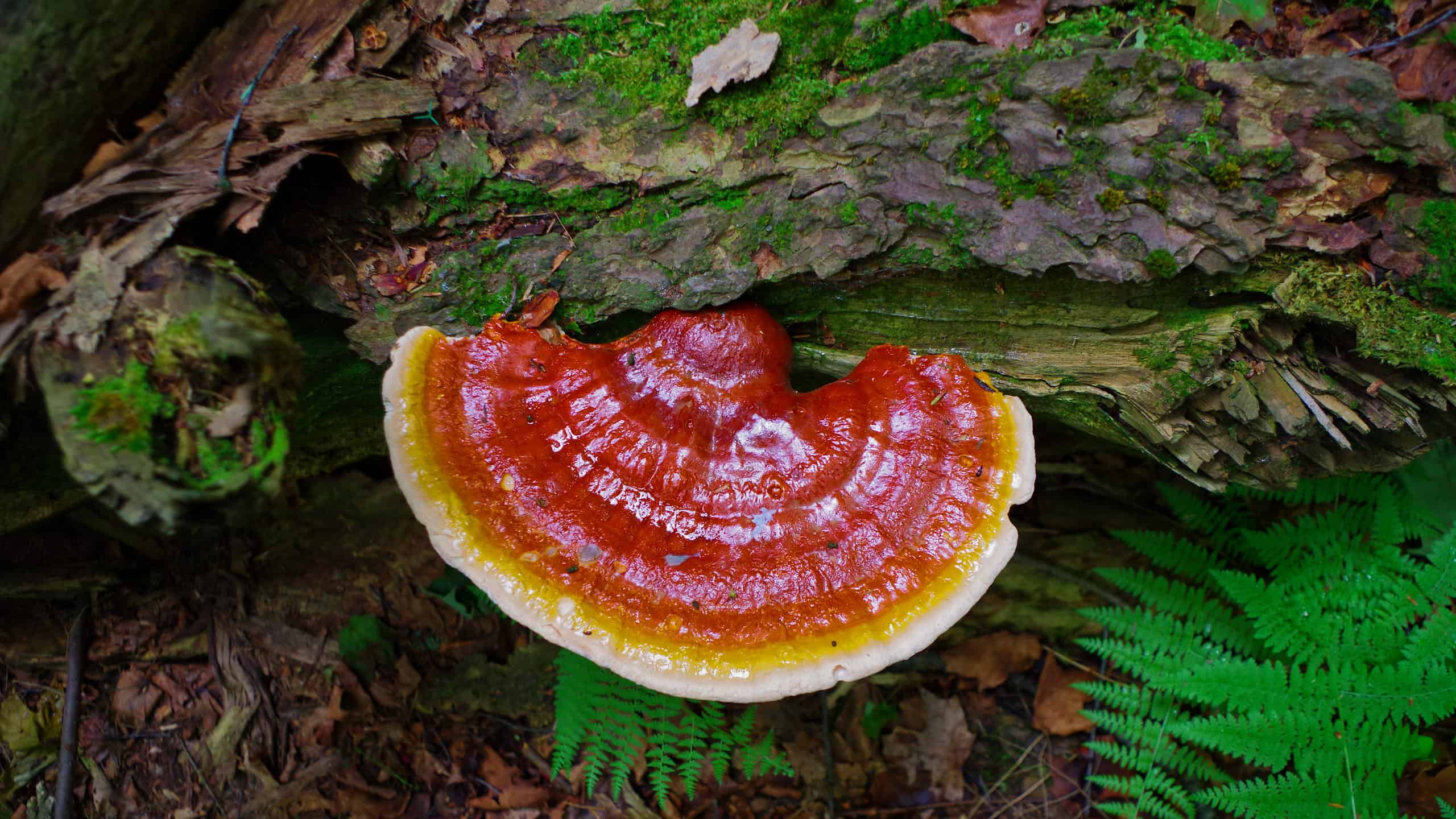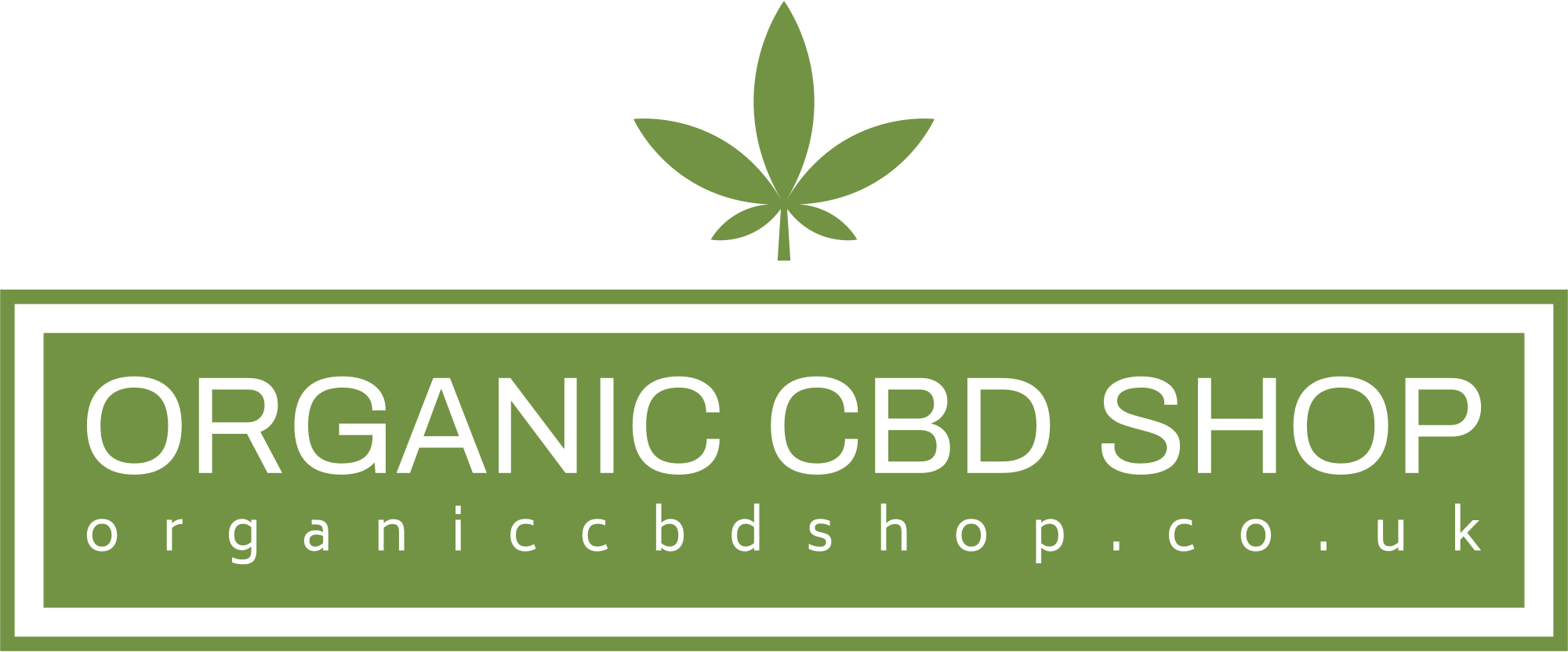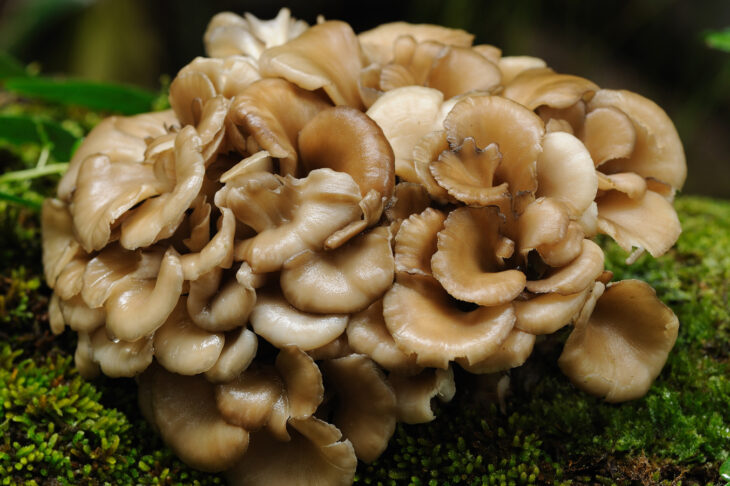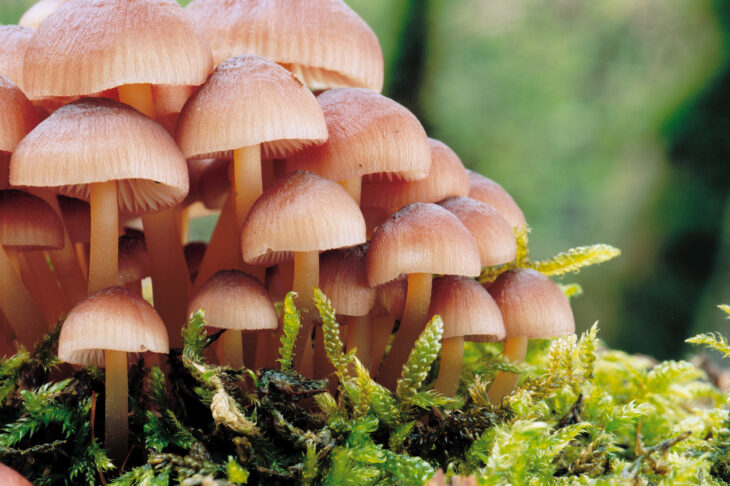
The Comprehensive Guide to the Benefits of Reishi Functional Mushrooms
Introduction
Reishi mushrooms, scientifically known as Ganoderma lucidum, have been highly regarded in traditional Chinese medicine for centuries. These ancient fungi are often referred to as “the mushroom of immortality” due to their long history of use and the numerous health benefits associated with them. In this comprehensive guide, we will explore the various health benefits of Reishi functional mushrooms, how they work, and their modern applications in wellness and holistic healthcare.
Introduction to Reishi Mushrooms
What Are Reishi Mushrooms
Reishi mushrooms, also known as Lingzhi in China and Ganoderma lucidum in Latin, are a species of mushroom that belongs to the Ganoderma genus. These mushrooms are known for their distinctive kidney-shaped appearance, bright red color, and glossy texture. While they can be found growing in various parts of the world, they are native to Asia and have been an integral part of traditional Chinese and Japanese medicine for over 2,000 years.
Key Compounds in Reishi Mushrooms
Reishi mushrooms contain a variety of bioactive compounds that contribute to their health benefits. The primary bioactive compounds found in Reishi mushrooms include
- Beta-Glucans: These are complex carbohydrates that support the immune system and are known for their anti-inflammatory properties.
- Triterpenes: These compounds are responsible for the bitter taste of Reishi mushrooms and have shown potential in supporting liver health and reducing allergies.
- Polysaccharides: Reishi mushrooms contain specific polysaccharides that have antioxidant properties, helping to combat free radicals and oxidative stress in the body.
- Ganoderic Acids: These triterpenes are believed to support the body’s overall health and may contribute to anti-inflammatory effects.
Health Benefits of Reishi Mushrooms
Immune System Support
Reishi mushrooms are renowned for their ability to enhance the immune system. The beta-glucans found in Reishi are believed to stimulate the production of white blood cells, which play a crucial role in the body’s defense against infections. This immune support can help the body fight off illnesses and maintain overall health.
Anti-Inflammatory Effects
Chronic inflammation is at the root of many chronic diseases. Reishi mushrooms contain compounds, such as triterpenes and ganoderic acids, that have been shown to have anti-inflammatory properties. These compounds can help reduce inflammation and may alleviate symptoms associated with conditions like arthritis.
Antioxidant Properties
Reishi mushrooms are a rich source of antioxidants. Antioxidants help the body combat oxidative stress and free radicals, which can damage cells and lead to various health problems, including premature aging and chronic diseases. By neutralizing free radicals, Reishi mushrooms support overall health and well-being.
Stress Reduction
Reishi mushrooms are known as adaptogens, meaning they can help the body adapt to and manage stress. They may help reduce feelings of anxiety and promote relaxation, making them valuable for both mental and emotional health.
Liver Health
The triterpenes in Reishi mushrooms have been linked to improved liver function. They can assist in detoxifying the liver and reducing the risk of liver-related conditions.
Cardiovascular Health
Reishi mushrooms may contribute to cardiovascular health by lowering blood pressure, reducing cholesterol levels, and improving blood circulation. These effects help reduce the risk of heart disease.
Sleep and Relaxation
Reishi mushrooms have a long history of use for promoting better sleep and relaxation. They may assist with insomnia and stress-induced sleep disturbances, allowing individuals to enjoy a more restful night’s sleep.
Allergy Management
Some studies suggest that Reishi mushrooms may help alleviate allergy symptoms. The triterpenes found in Reishi can block the release of histamines, which are responsible for allergy symptoms like sneezing and itching.
Anti-Cancer Properties
While research is ongoing, some studies have indicated that Reishi mushrooms may have anti-cancer properties. The polysaccharides in Reishi are thought to boost the immune system’s response to cancer cells and inhibit tumor growth.
Modern Applications of Reishi Functional Mushrooms
Reishi Supplements
Reishi supplements, available in various forms such as capsules, powders, and tinctures, have gained popularity in the wellness industry. These supplements offer a convenient way to incorporate the benefits of Reishi mushrooms into one’s daily routine. They are often used to support immune function, reduce inflammation, and promote overall well-being.
Reishi Teas and Extracts
Reishi teas and extracts are a popular choice for those who prefer a warm and soothing beverage. Reishi teas can help with relaxation and sleep, making them an excellent option for individuals dealing with stress or insomnia. Reishi extracts can be added to various dishes and drinks for added health benefits.
Reishi in Traditional Chinese Medicine
Reishi mushrooms continue to be used in traditional Chinese medicine, where they are prescribed to address a wide range of health concerns. Traditional practitioners may use Reishi to support liver health, boost the immune system, and promote overall vitality.
Culinary Uses
Reishi mushrooms have a bitter taste, which can be challenging for some to consume directly. However, they are sometimes used in soups and broths in Chinese and Japanese cuisine. These culinary applications are believed to provide some of the health benefits associated with Reishi.
Possible Side Effects and Considerations
While Reishi mushrooms offer numerous health benefits, it’s important to consider potential side effects and interactions
- Allergic Reactions: Some individuals may experience allergic reactions to Reishi mushrooms, which can include skin rashes, digestive discomfort, or breathing difficulties.
- Blood Thinning: Reishi may have mild blood-thinning properties. People taking blood-thinning medications should consult with their healthcare provider before using Reishi supplements.
- Pregnancy and Breastfeeding: It is advisable for pregnant and breastfeeding women to avoid Reishi supplements due to a lack of sufficient safety data.
- Interactions with Medications: Reishi may interact with certain medications, such as blood pressure medications and anticoagulants. Consult with a healthcare professional if you are taking prescription medications.
Conclusion
Reishi functional mushrooms have a long history of use in traditional medicine and offer a wide range of health benefits, including immune support, anti-inflammatory effects, and stress reduction. In the modern era, Reishi supplements and extracts have become popular choices for those looking to harness these benefits conveniently. However, it’s crucial to use Reishi responsibly and consider potential interactions and side effects. As with any natural remedy, consulting with a healthcare professional before incorporating Reishi into your wellness routine is a wise step to ensure its suitability for your specific needs and circumstances. With its rich history and promising therapeutic properties, Reishi mushrooms continue to be a fascinating subject of research and a valuable tool for promoting holistic well-being.
- The Comprehensive Guide to the Benefits of Vitamin D3 - October 25, 2023
- The Comprehensive Guide to the Benefits of Reishi Functional Mushrooms - October 25, 2023


